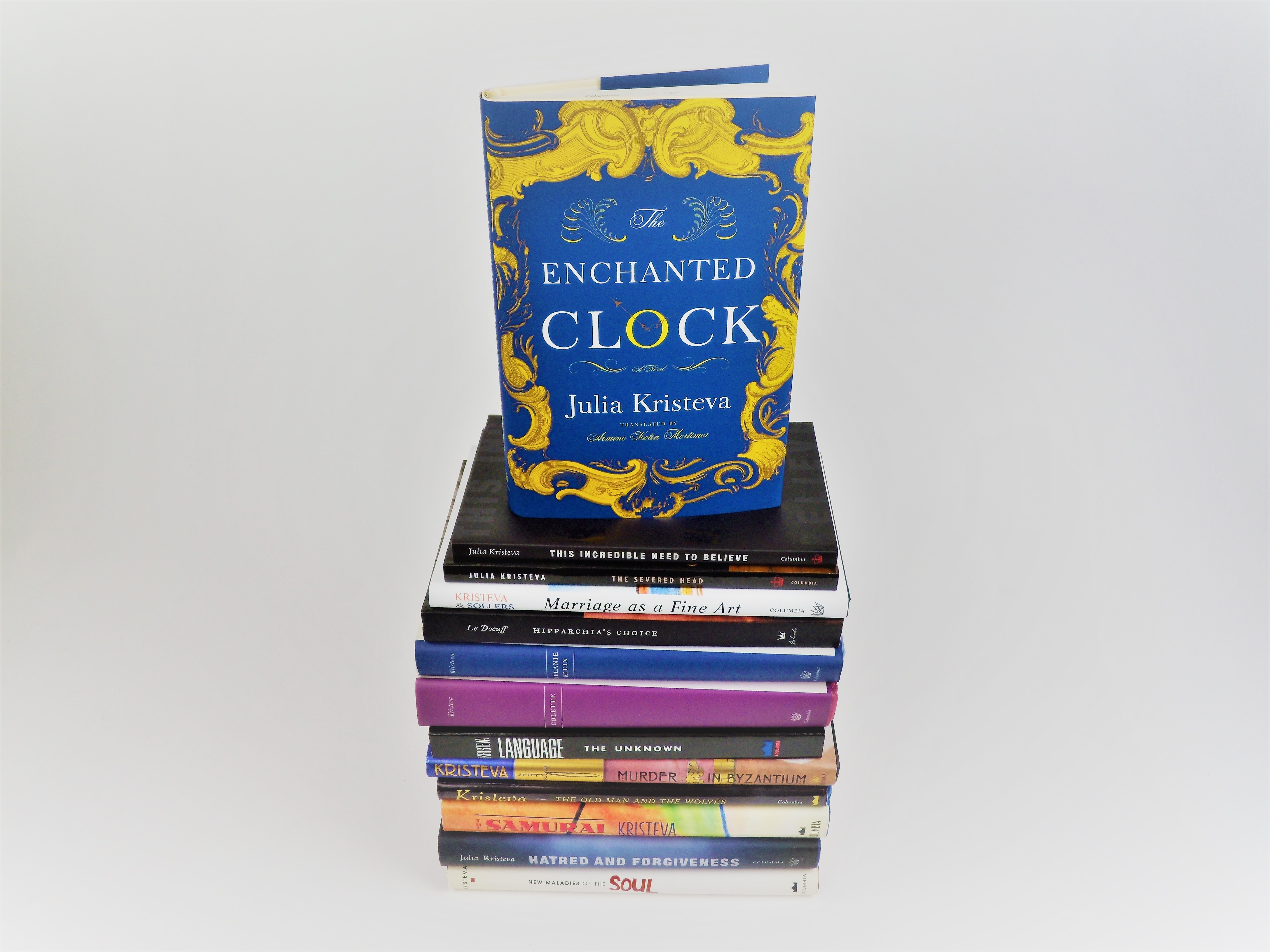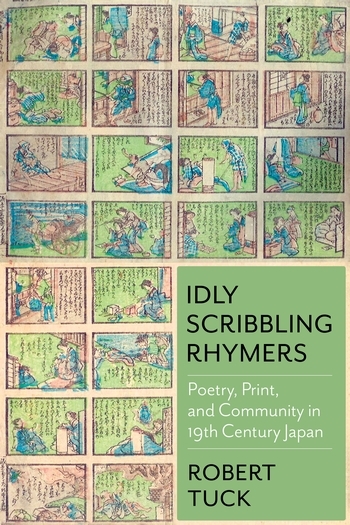WITMonth 2015: Author/Translator/Author
In honor of August as Women in Translation Month (#WITMonth), we are featuring two very different posts by translators Howard Goldblatt and Esther Allen on women in translation. According to Meytal Radzinski at Bibliobio, only 30% of works translated into English are written by women. WIT Month is simply one effort part of a larger, concerted movement to address sexism in publishing.
Today’s article comes from Howard Goldblatt, the co-translator (with his wife, Sylvia Li Chun Lin) of Li Ang’s The Lost Garden: A Novel, forthcoming in November 2015. Goldblatt’s piece explains the meticulous translation and writing process he undertook to complete Chinese novelist Xiao Hong’s novel Ma Bo-le. He presents a glimpse into the stitching and unstitching of her drafts posthumously for the final installment of her novel.
We hope you enjoy reading!
Author/Translator/Author
By Howard Goldblatt
In 1940, Xiao Hong, a novelist from Northeast China who was born in 1911, wrote a novel entitled Ma Bo-le. It was published in Hong Kong the next year, when she wrote and published serially a sequel she called “Book Two.” The final installment appeared in a magazine in November, with the note, “End of Chapter Nine. More to come.” That did not happen. Two months later, shortly after the Japanese invasion of Hong Kong, she was dead of a throat infection, a botched operation, and a fragile constitution at the age of 31. She was buried in Repulse Bay. Now, more than half a century later, she is celebrated as one of China’s foremost writers of the Republican era; her childhood home, a stop on the Northeast China tour circuit, is flanked by a museum devoted to her and her work.
In the early 1980s, after a decade of writing and talking about Xiao Hong and translating much of her work, including two novels, I began a translation of Ma Bo-le, taking it slow, since I did not think a Western publishing house would be interested in an unfinished novel by an obscure Chinese writer. I cannot recall when it happened, but at some point I decided that I would write, in English, the third volume of what everyone agreed was planned as a trilogy, to complete the work. It has taken me more than twenty years to get up the nerve to fulfill that promise.
After editing a rough translation of the first two “books,” I picked up the thread of the original story, which ended as the protagonist contemplates traveling to Chongqing, the provisional capital of the Chiang Kai-shek government. As I wrote, I located the narrative in places where Xiao Hong had visited or lived—the Beipei district in Chongqing, Lock Road in Kowloon, Hong Kong—wherever possible, and included actual events and situations, such as her friendship with the three Japanese, the only true-to-life characters in the novel. For a speech Xiao Hong gave in Hong Kong to commemorate her mentor and friend, Lu Xun, who had died four years earlier, I quoted from the actual text. I even had them—author and protagonist—nearly meet on two occasions. I then translated and included snippets from essays and stories Xiao Hong wrote during that time. Beyond that, I had to follow my instincts, since Xiao Hong left no indication of how she planned to end the trilogy.
The novel is absolutely unique, not just to Xiao Hong’s oeuvre, but in the modern history of Chinese fiction, through the twentieth century and up to the present day. It has been reissued several times in Chinese and has been written about extensively. In it the eponymous character travels from Qingdao south to strike out on his own in the days prior to full-blown war with Japan. Once Shanghai is attacked, Ma Bo, whose wife and children have joined him, he follows the route his author took from one besieged city to the next, ending, as she did, in Hong Kong.
Ma Bo-le (pronounced Ma Buo-luh), a picaresque character much in the mold of self-preservationist Yossarian in Catch-22 or the slothful Ignatius J. Reilly in A Confederacy of Dunces, has few peers in the modern Chinese-language tradition. Nobelist Mo Yan’s bumbling “investigator” in The Republic of Wine and Taiwanese pedant Dong Siwen in Wang Chen-ho’s Rose, Rose, I Love You come close. Ma Bo-le anticipates them all by decades.
When first published, the novel, marked by humor, cynicism, and a number of solipsistic fictional characters, was not well received by many, who thought that only patriotic, incendiary anti-Japanese literature ought to be made available to a public experiencing the violence of war. That she defied such sentiments is remarkable in itself; that she did so on the run, as it were, when her relationships with the men in her life were rapidly deteriorating, and when she was in failing health, is extraordinary. And, we mustn’t forget, the second half was written against a biweekly publishing deadline. No wonder, then, that there are problems with the text. While inconsistencies and minor mistakes exist (now corrected), the greater issues are repetition and instances of redundant descriptions that create unwelcome longueurs. She needed an editor. With perhaps an excessive amount of sangfroid, I have taken on that responsibility. In addition to completing the narrative, I have shortened the work by twenty-five or thirty pages, added needed transitions and clarifications, and moved bits of text around to improve the narrative flow. “Book One” was published without chapter divisions; “Book Two” was divided into nine chapters. I have chosen not to call my seventy-five-page addition “Book Three,” opting instead to unify all three parts into twenty-nine chapters, sandwiched between a “prologue” and “epilogue,” two parts of a fictional dialogue between a member of a Hong Kong cultural society and the grown son of the novel’s protagonist following the discovery of a long-lost, anonymous manuscript—the “work.”
To set the scenes as accurately as possible, I have called upon a number of biographies of Xiao Hong in Chinese, my own among them, and have drawn upon a variety of contemporary reports on China and Hong Kong, including Theodore H. White’s Thunder Out of China (1946); China: After Seven Years of War (1945, Hollington K. Tong, ed.); and Anna Louise Strong’s One-Fifth of Mankind: China Fights for Freedom.
I have spent four decades in the wonderful company—figuratively, intellectually, literarily, and emotionally—of Xiao Hong. I can only hope that, now that she would have found our collaboration acceptable.





